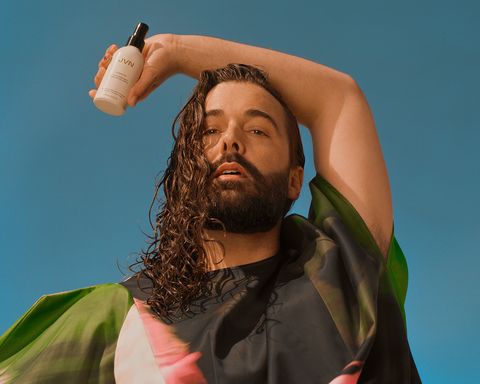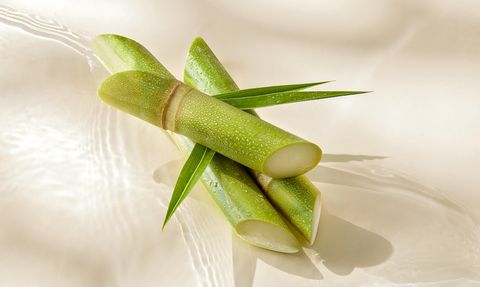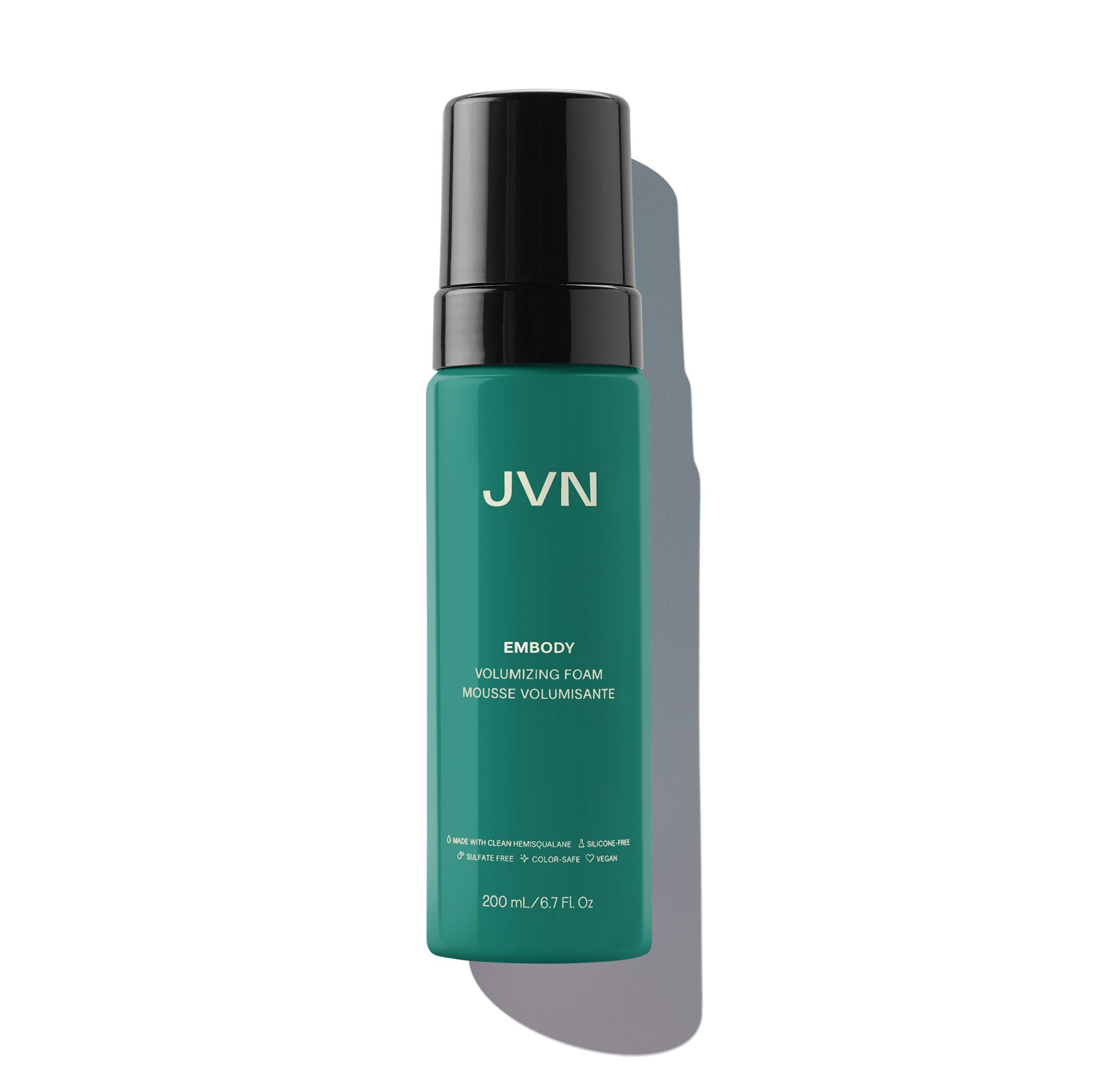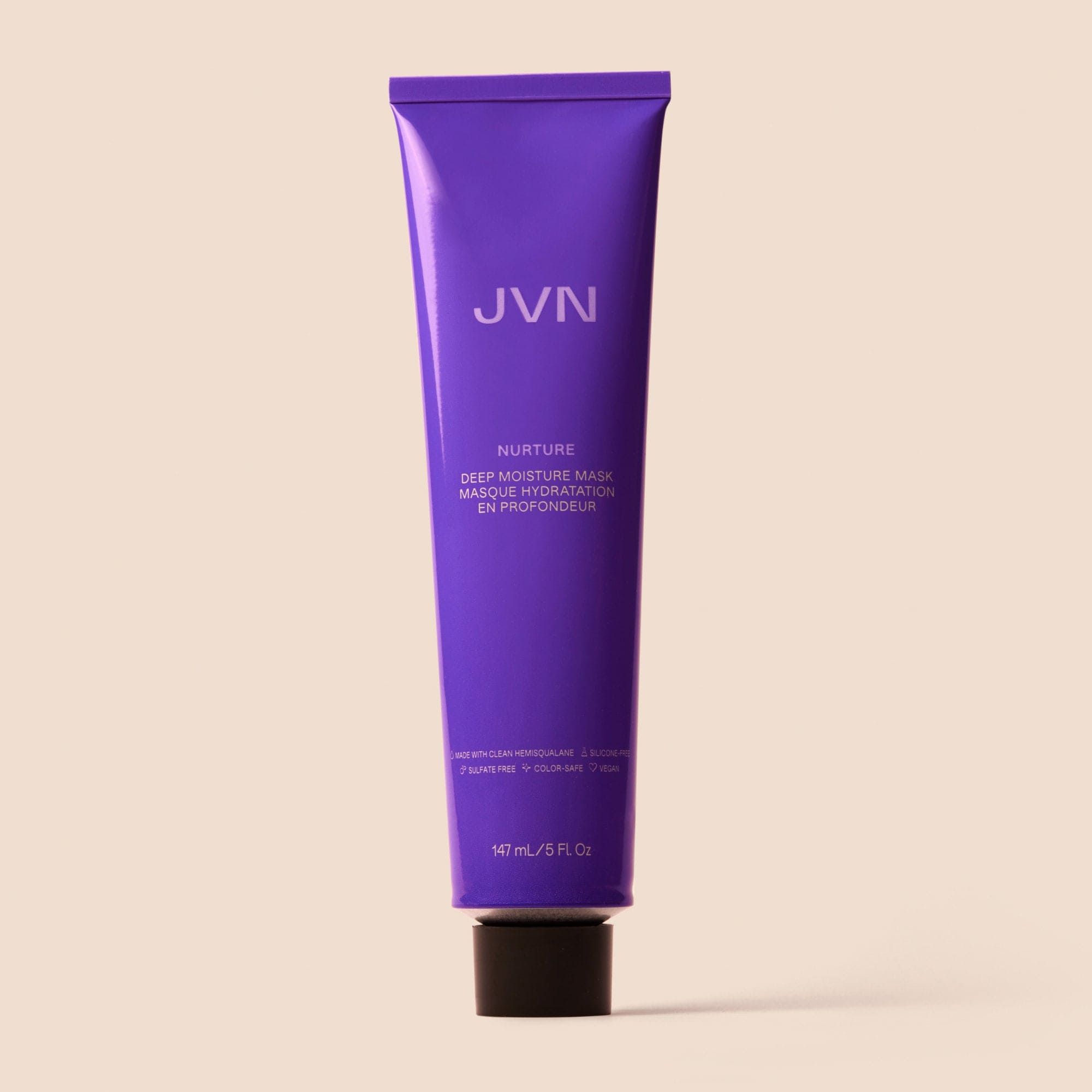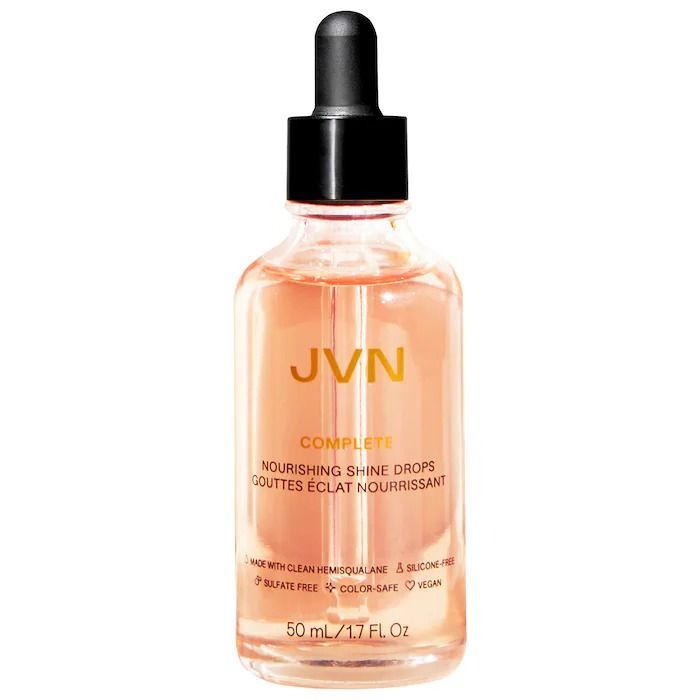Silicone is such a popular ingredient in beauty products, it can be difficult to find a formula without it. A lab-created, non-active ingredient, silicone has a velvety texture that gives formulas a silky, soft feel, some hydration benefits, and a range of cosmetic effects like smoothing skin texture, blurring the appearance of imperfections, and enhancing hair’s shine. But in recent years, some concerns over silicones have been raised due to their environmental impact. Plus, while not unsafe, silicones can lead to some less-than-desirable results on skin and hair over time.
“Most silicones used in beauty products are not readily biodegradable so they can build up when rinsed down the drain and be harmful to aquatic life,” says Teresa Lo, general manager of sustainable haircare brand JVN. “Additionally, silicones sit on top of hair and can have plasticizing effects over time and lead to dull, damaged-looking, and brittle strands.” Those of us buying, along with some beauty brands themselves, are asking: Can we do better?
Thanks to advances in ingredient production, the answer is yes. “While not all silicones are problematic, we are learning that many are, and we believe it’s time for the industry to innovate toward silicone alternatives as a whole,” says Hana Sheikh, chemist and senior product development manager at JVN.
What Is Hemisqualane?
“We created a silicone alternative molecule called hemisqualane by combining Brazilian sugarcane with our proprietary yeast,” explains Sheikh. “The yeast consumes the sugar and creates our molecule in the bio-fermentation process.”
It goes like this: Leveraging the latest advances in biotechnology, scientists can precisely design yeast’s natural fermentation superpowers (remember, fermentation makes beer and cheese, among other things) to produce hyper-specific molecules. These molecules not only imitate what is currently found in beauty products, but can also improve the beauty benefits for you and the environmental footprint on the planet.
“Hemisqualane has a low molecular weight by nature, meaning it’s smaller than most other oils and silicones, and works well on all hair types and textures,” explains Sheikh. “The small size allows hemisqualane to not only protect and reinforce the hair cuticle, but also to penetrate the hair shaft without the heavy feel. We’ve done frizz analysis, combing studies, and color protection studies on hemisqualane and it has performed at the same level or greater than silicones without plasticizing onto hair.” It also provides heat protection up to 450F.
The JVN Complete Pre-Wash Scalp Oil includes turmeric and rosemary with hemisqualane and is shown to reduce hair breakage by 93 percent reduction and hair fall by 97 percent. JVN tests its products across all hair types and textures—gray, colored, curly, coily, straight, thin or thick—with both clinical and consumer testing.
What Is Hemisqualane’s Impact on the Environment and Future of Beauty?
Perhaps most importantly, while the production of hemisqualane does minimal environmental damage; it also has a better downstream effect. This new silicone alternative is 100 percent biodegradable. “Some silicones are banned or severely restricted in the EU in wash-off products due to its environmental impact,” says Sheikh. “Hemisqualane is a perfect alternative.”
If your hair has had too much silicone—even after washing, it can feel like there is still product on it—you can refresh your hair and start anew. Try applying a hair oil like the Complete Pre-Wash Scalp Oil all over for 10 to 15 minutes two times a week to help break down buildup before you shampoo. Follow with a clarifying wash like JVN Embody Volumizing Shampoo. And add a dose of patience—it can take up to four weeks for some silicones to dissipate from strands.
“We have the technology today to create really advanced products that are truly good for your hair, make you look and feel amazing, and have far less impact on the planet,” says Lo. “The JVN mission is to create those breakthroughs and show the way.”

